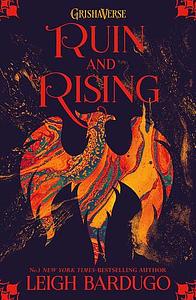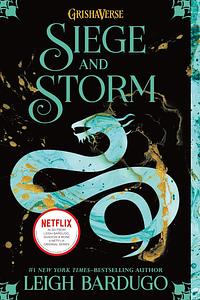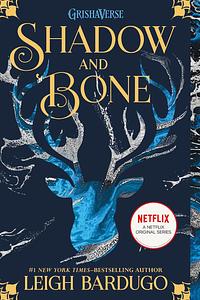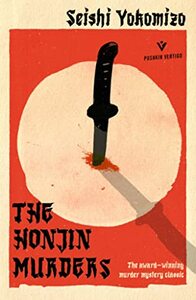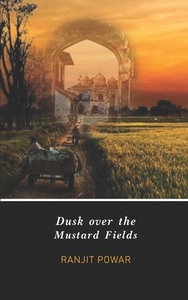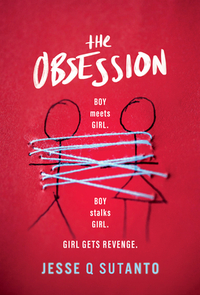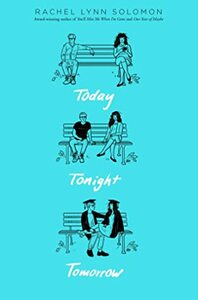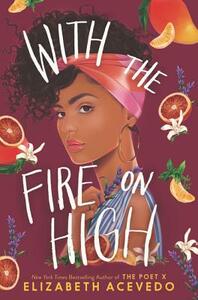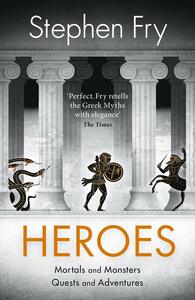Take a photo of a barcode or cover
whatsshwereading's Reviews (740)
adventurous
dark
fast-paced
Plot or Character Driven:
A mix
Strong character development:
Yes
Loveable characters:
Complicated
Diverse cast of characters:
Yes
Flaws of characters a main focus:
Yes
adventurous
fast-paced
Plot or Character Driven:
A mix
Strong character development:
Complicated
Loveable characters:
Complicated
Diverse cast of characters:
Yes
Flaws of characters a main focus:
Yes
adventurous
fast-paced
Plot or Character Driven:
A mix
Strong character development:
No
Loveable characters:
No
Diverse cast of characters:
Yes
Flaws of characters a main focus:
N/A
dark
informative
mysterious
reflective
fast-paced
Plot or Character Driven:
Plot
Strong character development:
No
Loveable characters:
No
Diverse cast of characters:
No
Flaws of characters a main focus:
Yes
challenging
dark
emotional
informative
reflective
sad
medium-paced
challenging
dark
informative
reflective
sad
fast-paced
Plot or Character Driven:
A mix
Strong character development:
Yes
Loveable characters:
Complicated
Diverse cast of characters:
Yes
Flaws of characters a main focus:
Yes
Reading Ranjit Powar's Dusk over the Mustard Fields hurt and hurt very bad. It also infuriated me - something that happened when I read Kim Ji-Young, Born 1982 last year. The former is a book set in pre-partition Punjab while the latter is a Korean translated fiction set in contemporary times. DOtMF talks about the plight of Indian women and their status post marriage while Kim Ji-Young primarily is about a woman suffering after her delivery. So what ties these two diametrically opposite books? Why did reading them both hurt so bad? Make me furious?
It's because whether you talk about women in pre-partition Punjab or women in Korea in modern times, not much has changed. Women are still subject to gender stereotypes, unwilling slaves to patriarchy, objectified, having to choose between freedom and safety, threatened and put up with sexual abuse, their worth reduced to whether they've given birth to a child after marriage, how soon they produce the baby and whether that baby is male or female...... I could just go on and on.
In Powar's Dusk Over the Mustard Fields, our protagonist is a young, 16 yr old sardarni Nimmo. Nimmo is a typical village belle and is married off to a haughty Army Officer (methinks he was awarded the First Order of A**hole). In the next four years of her life, she puts up with being verbally and mentally abused by her in-laws (the women in the house can win the award for best internalised misogyny), sexually abused by her brother-in-law, and discarded by (an infertile) husband because "she's just not good enough for his firangi educated, societal image obsessed, entitled AF male a**". Nimmo does not receive help from any quarters, so she decides to take matters in her own hands. For a bit it seemed like it would all go to hell in a handbasket but Powar gives us a happy, if an improbably ending (thank you).
The only issue I had with this book was the writing. I really don't know how to explain it - while the prose brings to life Punjab - the sprawling havelis, the wahegurus, sat sri akals, pairi-pauna, lassi, parandha, clothes and so on. It manages to give you a sense of both a Punjab on the cusp of partition and Punjab today. At the same time, I wasn't a fan of how the chapters ended - abruptly and sometimes messing timelines. Also, other than Nimmo, the other characters are largely one-dimensional. All the men are atrociously predatory or disaffected - the only decent ones are Mian Ali Baig and his son Akhtar (whom we don't get to see enough of). Oh, also, the background of partition, while generating conversation about how people didn't want to be divided in India and Pakistan, didn't create as much tension as I'd expected it to.
These complaints aside, I loved the snippets of history Powar drops, Nimmo's character arc and all things Punjab in this book. It was a quick read and I would certainly recommend it to anyone looking for a quick Indian partition era historical fiction.
It's because whether you talk about women in pre-partition Punjab or women in Korea in modern times, not much has changed. Women are still subject to gender stereotypes, unwilling slaves to patriarchy, objectified, having to choose between freedom and safety, threatened and put up with sexual abuse, their worth reduced to whether they've given birth to a child after marriage, how soon they produce the baby and whether that baby is male or female...... I could just go on and on.
In Powar's Dusk Over the Mustard Fields, our protagonist is a young, 16 yr old sardarni Nimmo. Nimmo is a typical village belle and is married off to a haughty Army Officer (methinks he was awarded the First Order of A**hole). In the next four years of her life, she puts up with being verbally and mentally abused by her in-laws (the women in the house can win the award for best internalised misogyny), sexually abused by her brother-in-law, and discarded by (an infertile) husband because "she's just not good enough for his firangi educated, societal image obsessed, entitled AF male a**". Nimmo does not receive help from any quarters, so she decides to take matters in her own hands. For a bit it seemed like it would all go to hell in a handbasket but Powar gives us a happy, if an improbably ending (thank you).
The only issue I had with this book was the writing. I really don't know how to explain it - while the prose brings to life Punjab - the sprawling havelis, the wahegurus, sat sri akals, pairi-pauna, lassi, parandha, clothes and so on. It manages to give you a sense of both a Punjab on the cusp of partition and Punjab today. At the same time, I wasn't a fan of how the chapters ended - abruptly and sometimes messing timelines. Also, other than Nimmo, the other characters are largely one-dimensional. All the men are atrociously predatory or disaffected - the only decent ones are Mian Ali Baig and his son Akhtar (whom we don't get to see enough of). Oh, also, the background of partition, while generating conversation about how people didn't want to be divided in India and Pakistan, didn't create as much tension as I'd expected it to.
These complaints aside, I loved the snippets of history Powar drops, Nimmo's character arc and all things Punjab in this book. It was a quick read and I would certainly recommend it to anyone looking for a quick Indian partition era historical fiction.
challenging
mysterious
tense
fast-paced
Plot or Character Driven:
A mix
Strong character development:
Yes
Loveable characters:
No
Diverse cast of characters:
Yes
Flaws of characters a main focus:
Yes
What an absolutely interesting and well-written book! Turns out I am not as over YA as I thought - I just needed the right book.
A few things I quite liked about this book:
1. The MCs are messed up beyond redemption.
2. It was an edge of the seat thriller.
3. I DID NOT see that end coming.
4. Quick, easy breezy read (i.e if reading about teenaged pyschos is your jam)
In short, The Obsession was a perfect Valentine's Day read. Highly recommend if you're a fan of You (both the book and the series)
A few things I quite liked about this book:
1. The MCs are messed up beyond redemption.
2. It was an edge of the seat thriller.
3. I DID NOT see that end coming.
4. Quick, easy breezy read (i.e if reading about teenaged pyschos is your jam)
In short, The Obsession was a perfect Valentine's Day read. Highly recommend if you're a fan of You (both the book and the series)
funny
lighthearted
relaxing
fast-paced
Plot or Character Driven:
Character
Strong character development:
Yes
Loveable characters:
Complicated
Diverse cast of characters:
Yes
Flaws of characters a main focus:
Yes
It's a cutesy read.
lighthearted
fast-paced
Plot or Character Driven:
A mix
Strong character development:
No
Loveable characters:
Yes
Diverse cast of characters:
Yes
Flaws of characters a main focus:
No
Not for me. I found it too Hallmark brand of sweet.
adventurous
funny
informative
relaxing
sad
medium-paced
I listened to the audio book and Fry is an insanely amazing narrator.
